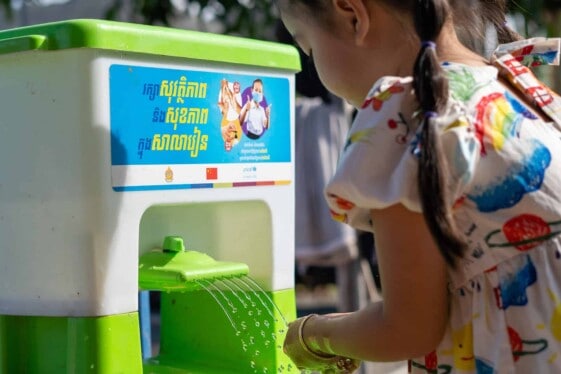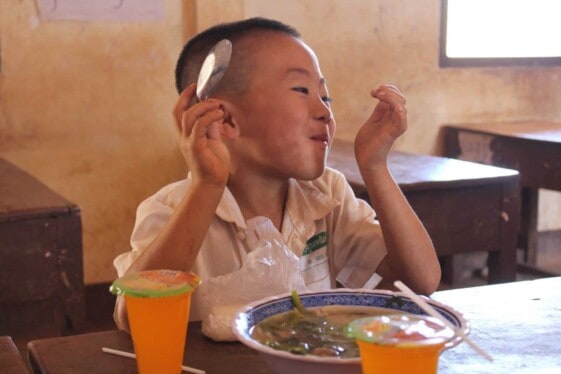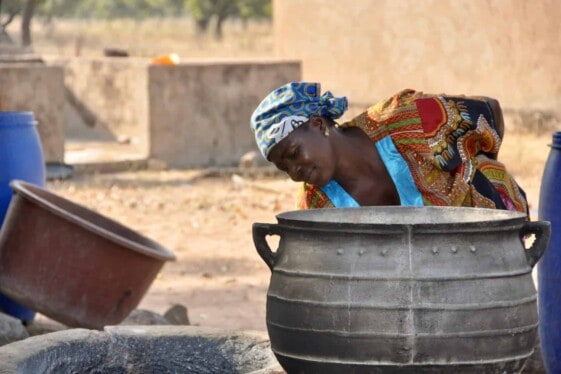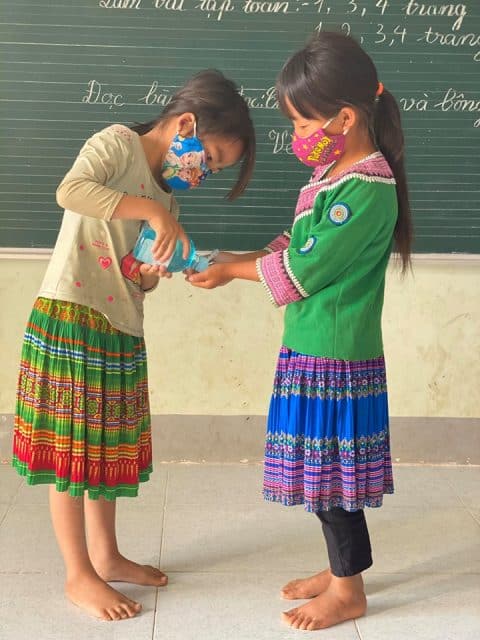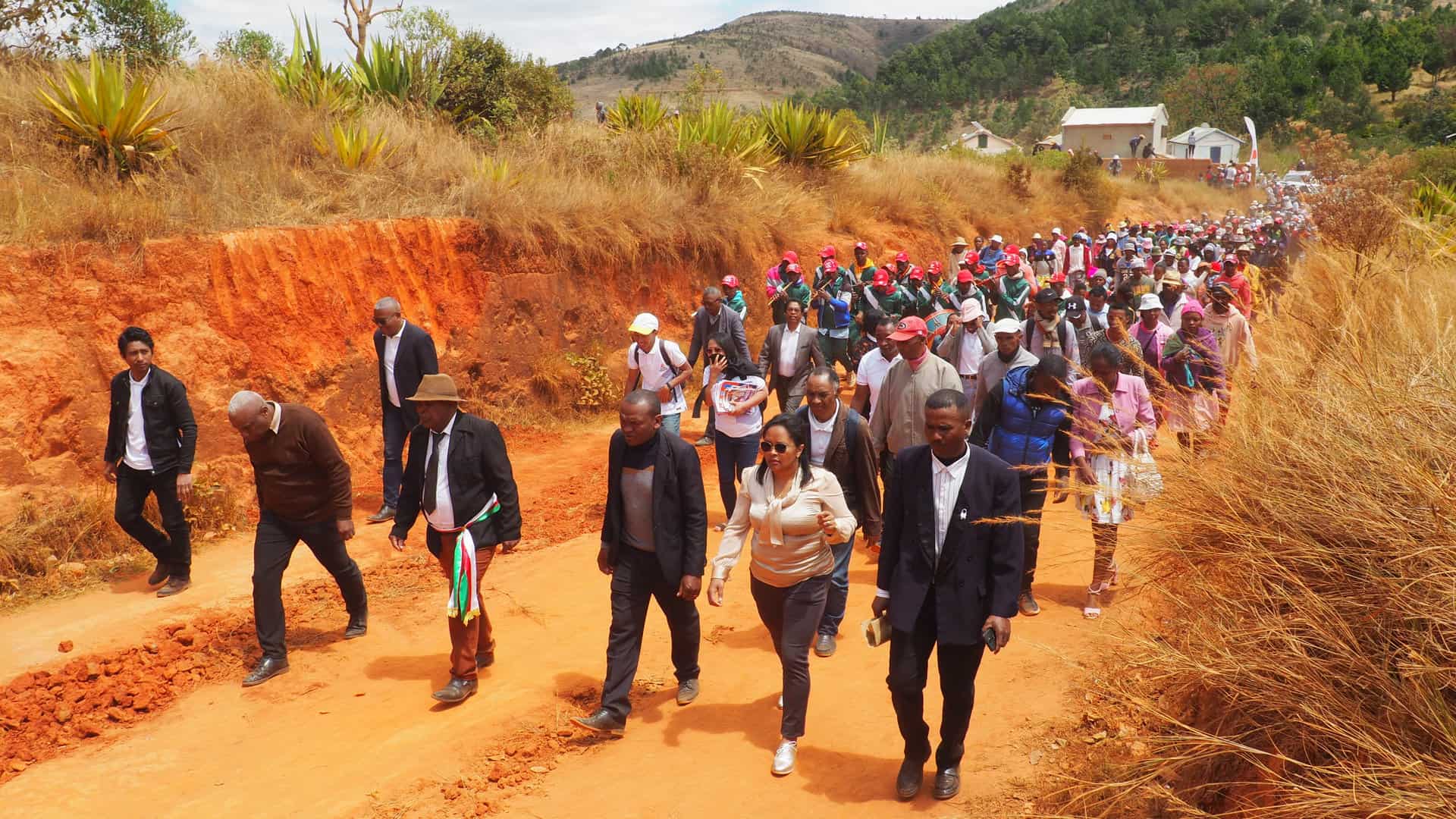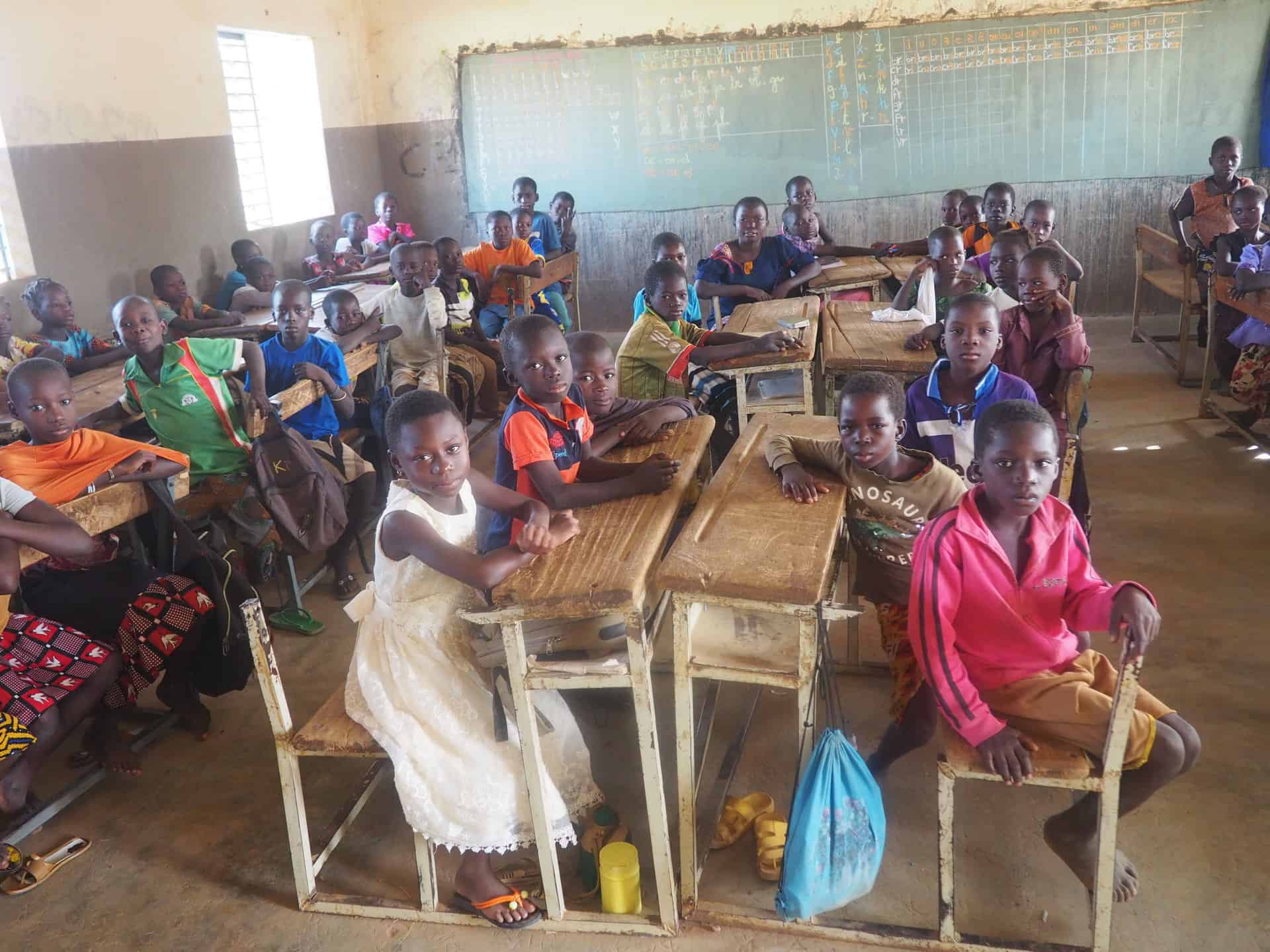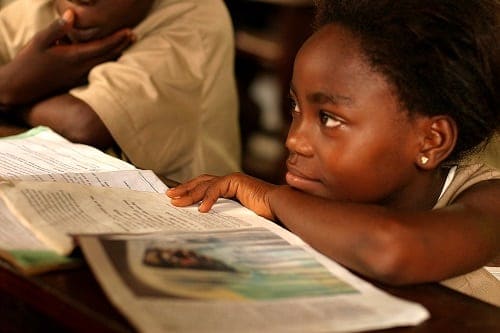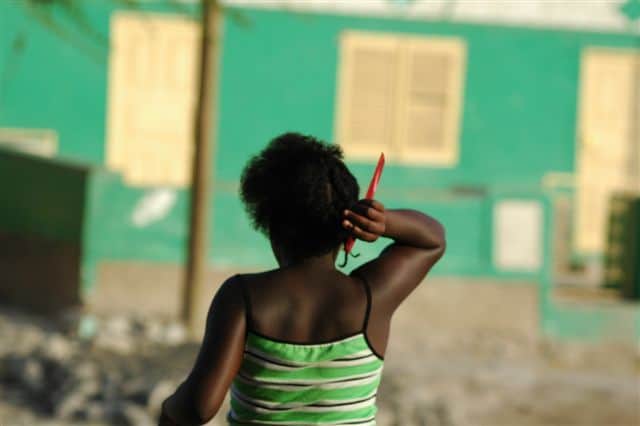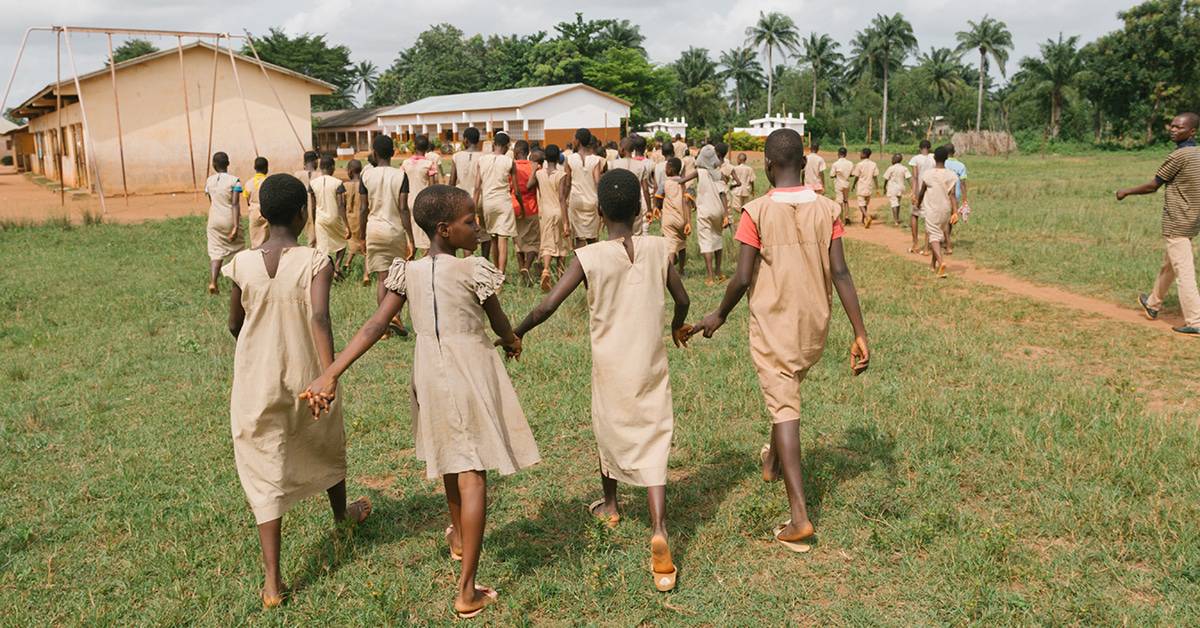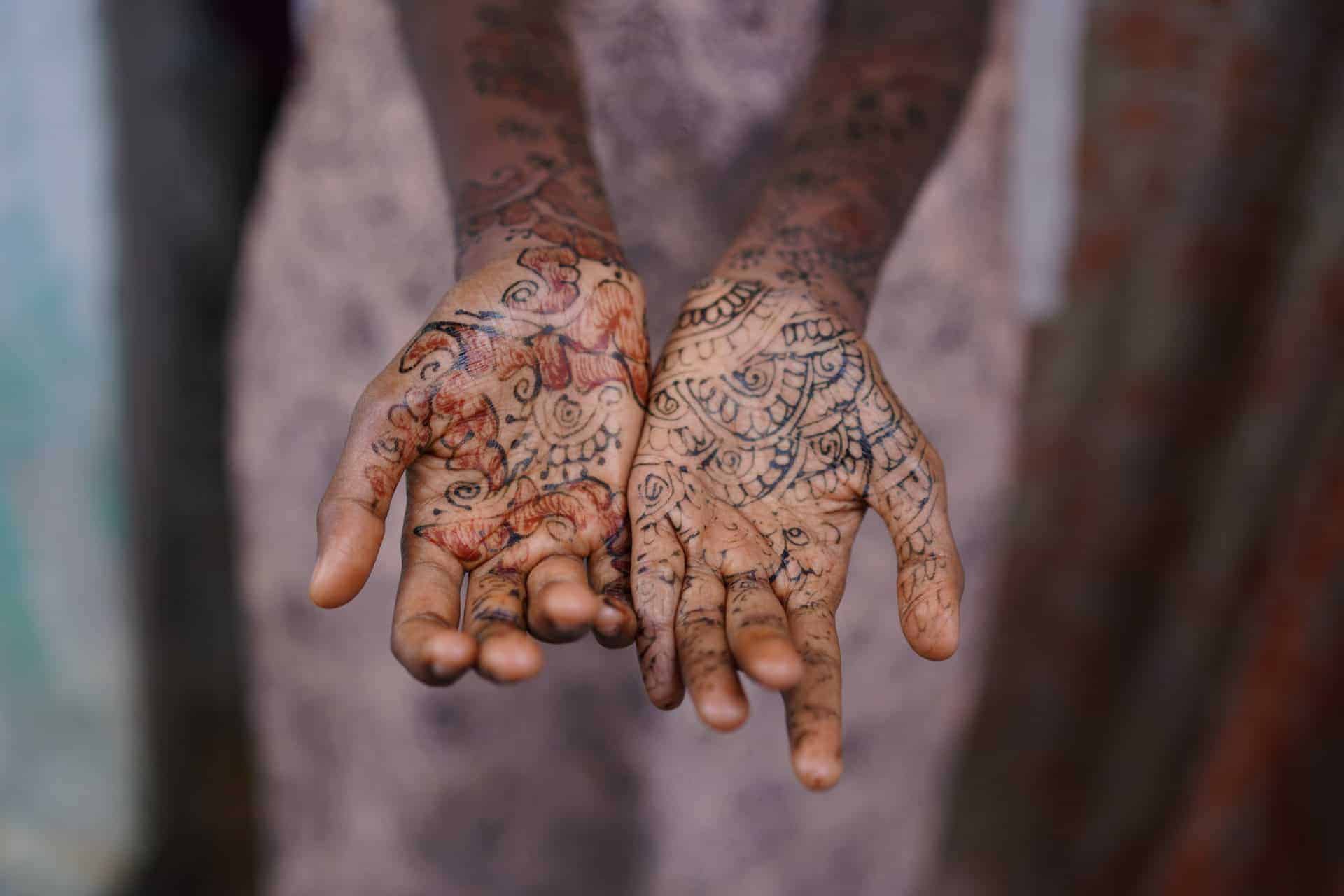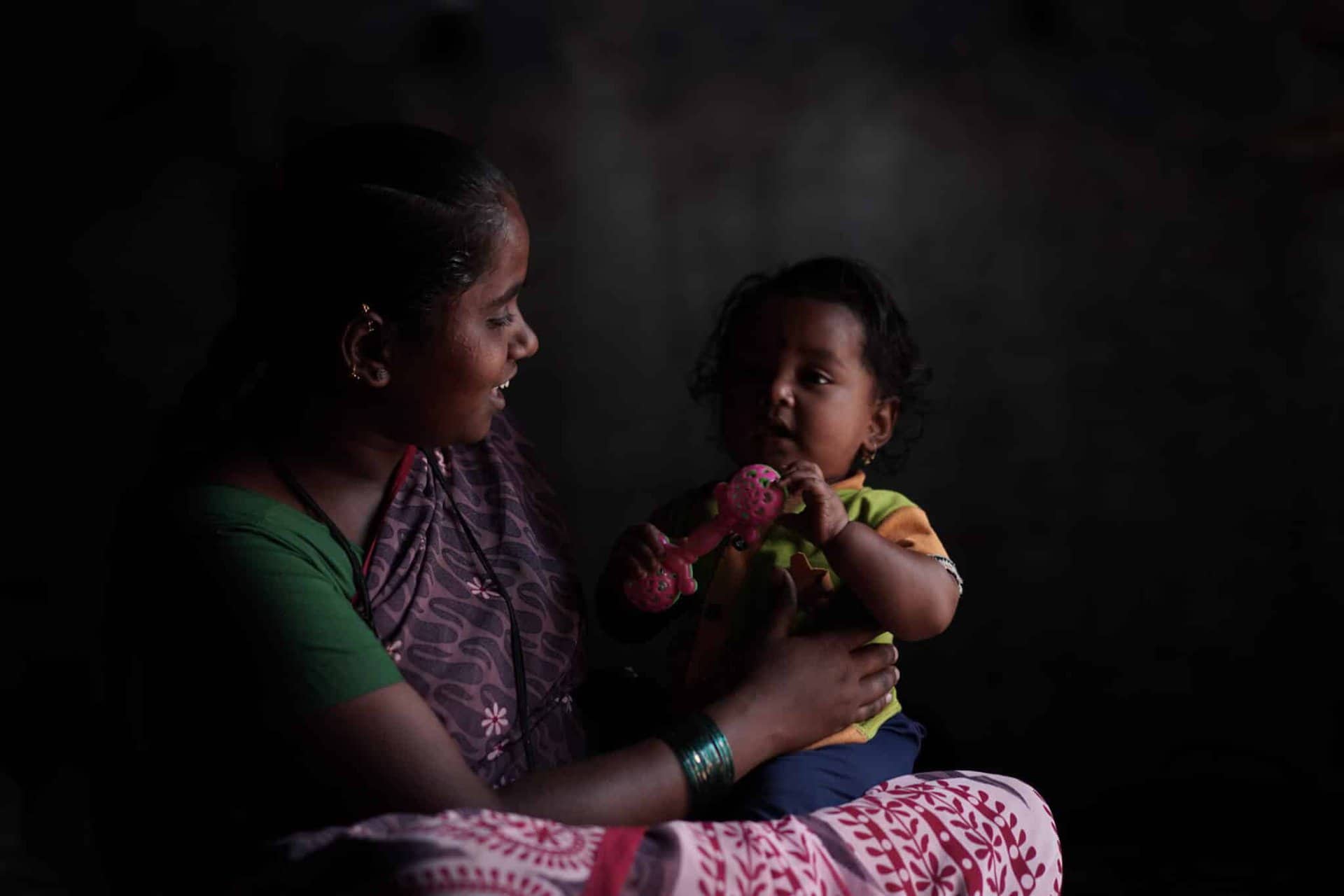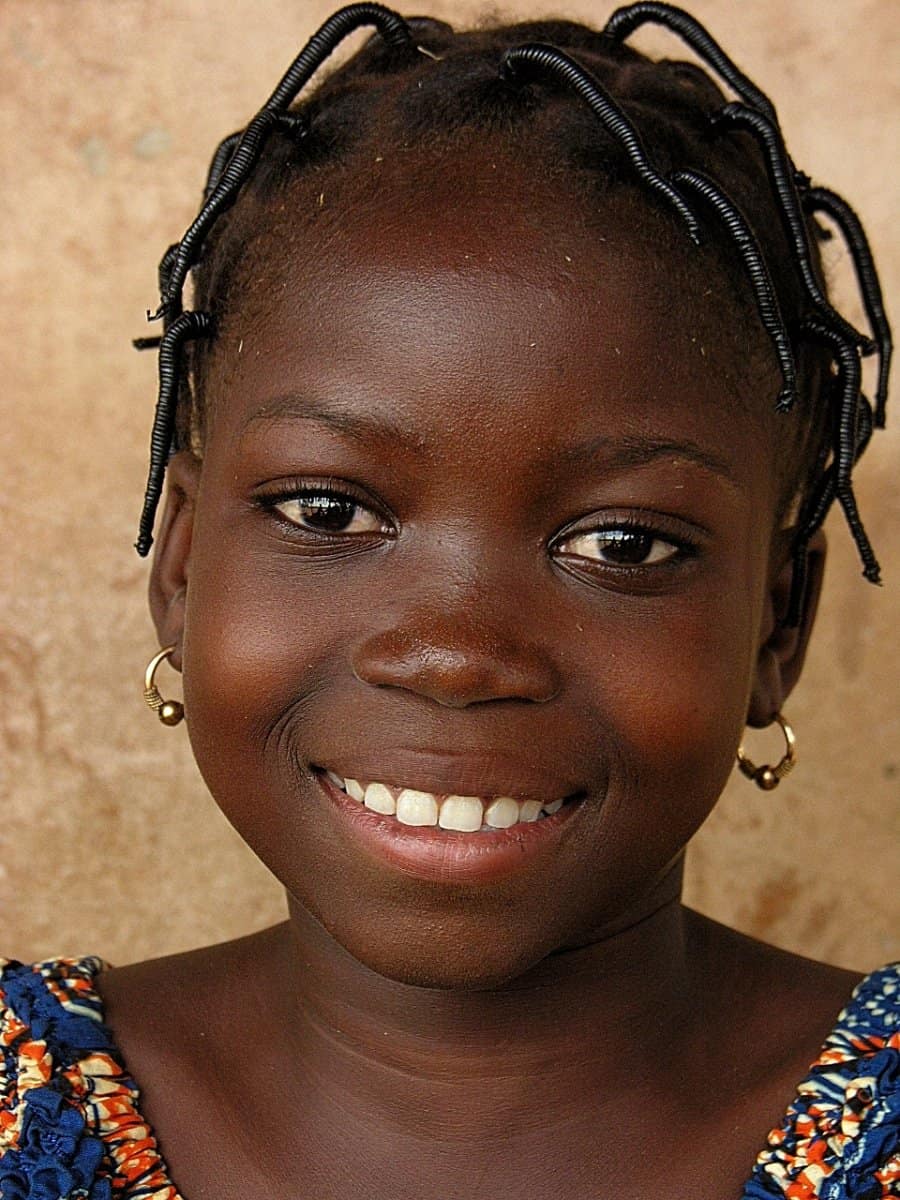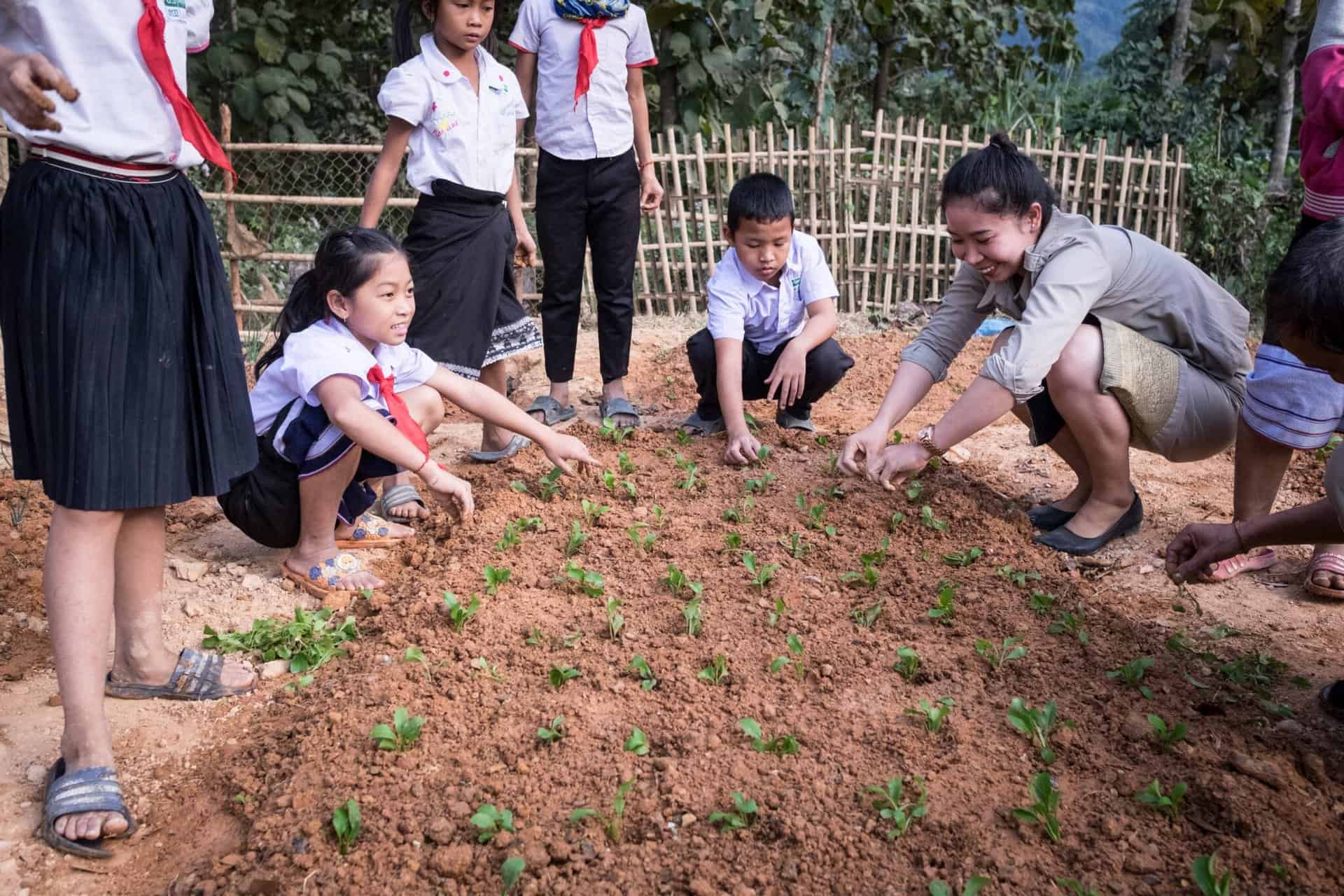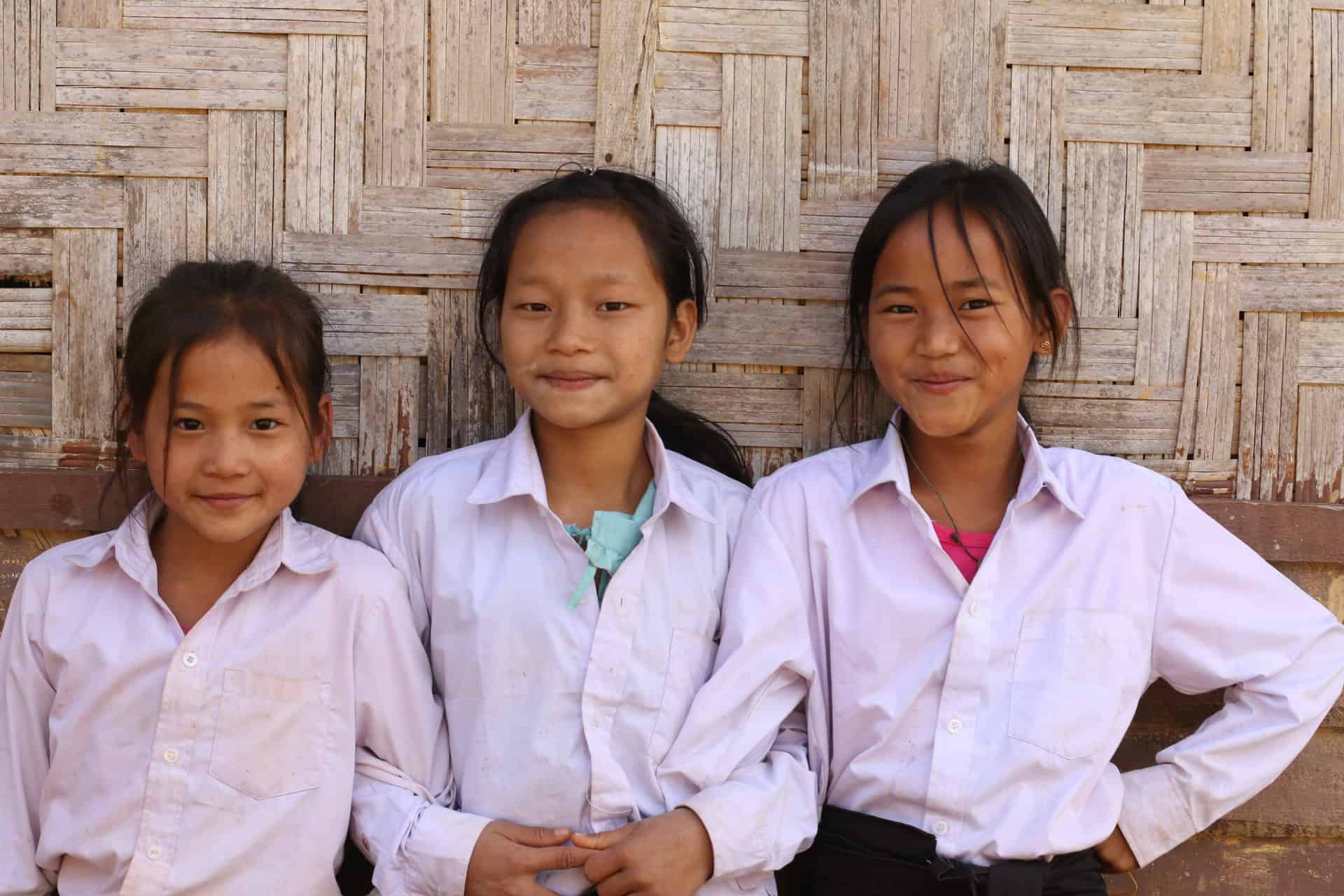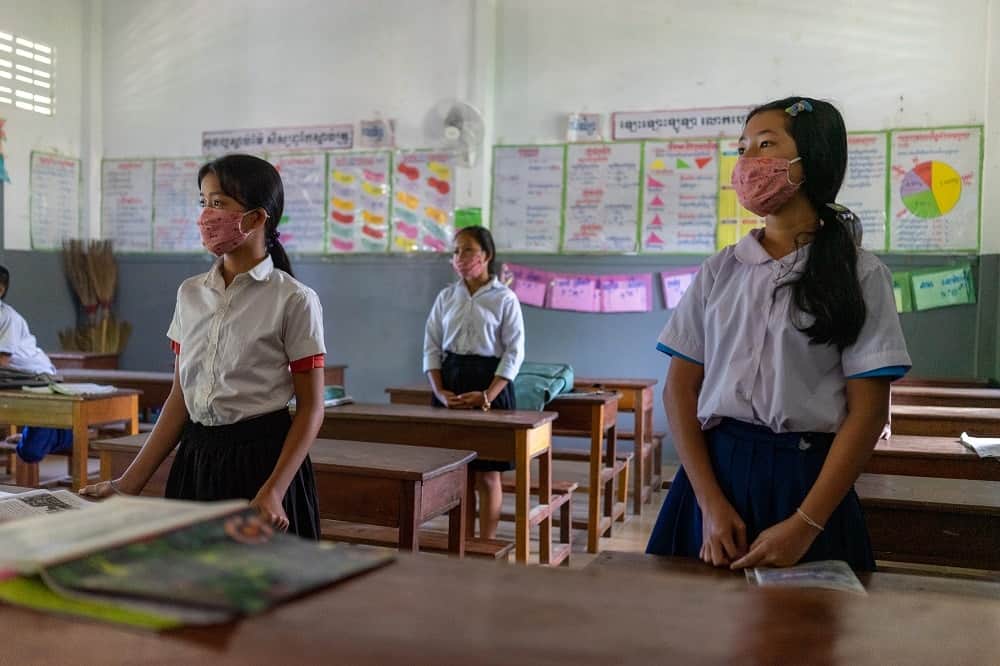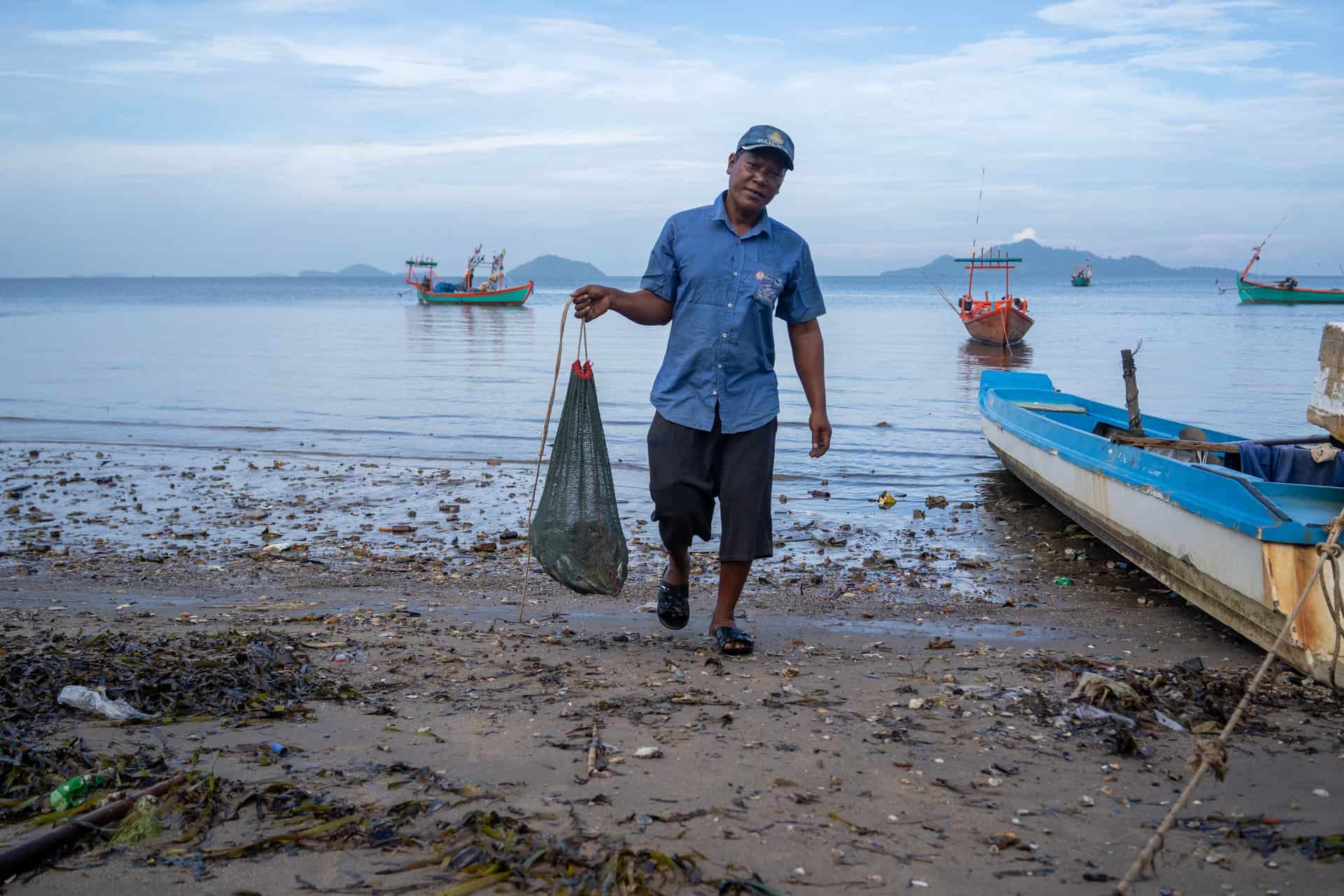Health education
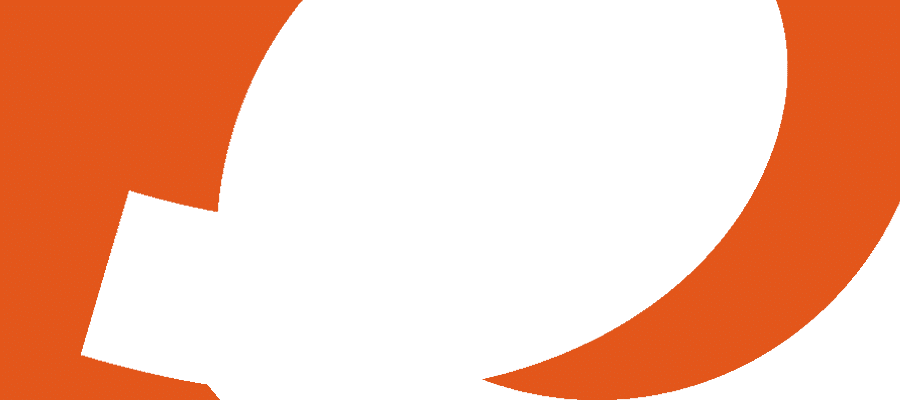
Education is not only about learning basic skills like reading, writing and counting. It also enables the teaching of hygiene and nutrition rules, which improve the health of all. For Action Education, quality education is therefore an essential weapon in the fight against malnutrition and the spread of preventable diseases.
Health education :
a full-fledged apprenticeship
An educated person knows how to feed himself better, how to take better care of himself, what medicines to take and especially how to read and understand the dosage. They also know how to take better care of the people in their care.
For example, a child whose mother can read is 2 times more likely to live past the age of 5, 50 % more likely to be vaccinated, and is 2 times more likely to be in school (The Learning Generation, The Education Commission, 2016).
Access to quality education also provides young and old alike with essential knowledge that enables them to create living conditions that are conducive to well-being and that are sustainable.
In a constantly changing world, where diseases and pandemics are unfortunately likely to increase, access to quality education is therefore of paramount importance for the future of people and the planet.
How does Action Education promote health education?
Ensuring quality education in schools that guarantee respect for hygiene and access to health care, particularly for the most vulnerable populations, is one of the missions of Action Education. Our association is working to enable everyone to benefit from health education.
Our health education projects
Learning basic hygiene rules (such as washing hands with clean water and soap) is essential to prevent disease. Action Education therefore builds boreholes and installs sinks and soaps so that good hygiene habits are taught in schools from an early age.
In Obdaga, Burkina Faso, the only school in the village had no functional latrines or access to drinking water. To help its 236 pupils and improve their living conditions, four latrines and a borehole were installed.
The association also builds gender-specific latrines to avoid open defecation, which is still responsible for more than 829,000 deaths (WHO) worldwide.
Our teams also organise vaccination campaigns in schools and regular medical check-ups, with nurses and doctors present to ensure that the most vulnerable children have access to care.
Sanitary and menstrual hygiene kits are also distributed in the schools supported by Action Education.
Faced with the many risks of malnutrition, Action Education is building school canteens in each school that allow many children to have at least one hot meal a day. They also learn the basic rules of nutrition and pass them on to their parents. School gardens are also developed to facilitate food production and to raise awareness of the importance of a healthy and varied diet based on local products.
Our plans to curb COVID-19
In order to support the most vulnerable populations in the face of the risk of the spread of COVID-19, Action Education quickly adapted its projects.
Our teams carried out awareness-raising activities on hygiene and good sanitary practices.
In Cambodia, we have converted our tuk-tuks - previously used as mobile libraries - into mobile health stations.
Each of the vehicles was stocked with soap, clean water and information leaflets and posters on practices to prevent the spread of VIC-19.
In Vietnam, we provided an emergency response to the crisis: children, identified as community ambassadors, were trained in barrier skills, provided with soap for their families and disseminated good practice within their communities.

